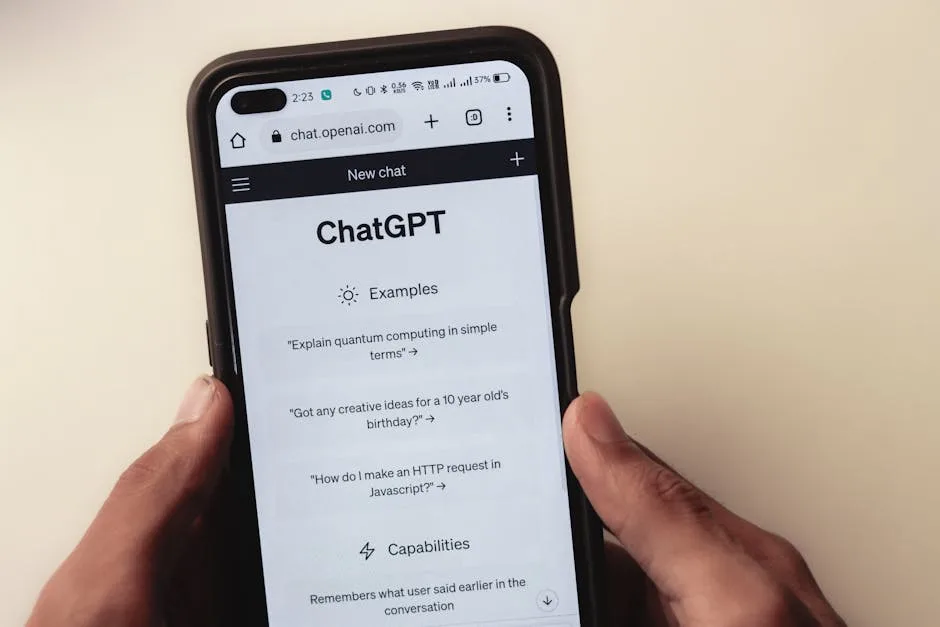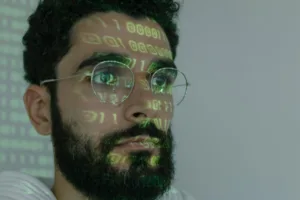
Major corporations like Shopify, Box, and Duolingo are now requiring employees to use artificial intelligence tools as part of their daily workflows, according to recent reports1. This shift reflects a broader trend where companies are integrating AI into core business operations, often with significant implications for workforce dynamics and job security.
The Rise of AI Mandates in Corporate Policy
Tech giants including Google, Microsoft, and Meta have implemented policies requiring employees to learn and use AI tools such as ChatGPT and Copilot2. These mandates come as unemployment among recent graduates has risen to 5.8%, with the tech and finance sectors experiencing the most significant impacts3. Microsoft, LinkedIn, and HP have collectively announced over 400 layoffs in California alone, citing AI-driven restructuring as a primary factor4.
Companies are addressing workforce concerns through structured upskilling programs. Google’s “AI First” certification program exemplifies this approach, combining technical training with human oversight mechanisms2. However, resistance persists among employees who view AI adoption as a threat to job security, particularly for entry-level positions. LinkedIn recently eliminated 280 roles in Mountain View, while education technology company Chegg attributed 88 layoffs to students increasingly using AI tools instead of traditional tutoring services4.
Sector-Specific Impacts and Workforce Transformation
Research suggests 60% of jobs may require significant adaptation by 2050, with administrative, legal, and marketing roles facing immediate risks5. Clair Brown, an economist at UC Berkeley, notes that “AI is replacing tasks in coding, marketing, and customer service, slowing hiring for early-career professionals”4. The Anthropic CEO predicts 10-20% white-collar unemployment within the next one to five years6.
Gender disparities in AI’s workforce impact have emerged as a significant concern. A 2025 Kenan Institute study found 79% of women’s jobs are susceptible to automation compared to 58% of men’s positions7. IBM’s workforce changes illustrate this transformation – while cutting HR roles, the company has increased hiring for AI developer positions8.
Emerging Roles and Policy Responses
New job categories are appearing alongside traditional role reductions. Positions like AI trainers, ethicists, and prompt engineers are growing in demand4. Hybrid roles requiring technical AI literacy combined with human skills such as teamwork and critical thinking are becoming increasingly valuable in the evolving job market.
Policy makers are responding to these changes with new regulations. New York City’s Local Law 144 mandates AI auditing in hiring processes, while the European Union’s AI Act establishes transparency requirements4. The OECD has called for “human-in-the-loop” standards aligned with UN Sustainable Development Goal 8, emphasizing the need for human oversight in AI systems9.
Future Outlook and Workforce Implications
The first quarter of 2025 saw 17,874 tech layoffs, suggesting macroeconomic instability may be exacerbating AI-driven job cuts4. As companies like HP invest in “AI innovation,” workforce reductions continue, with HP’s CFO Karen Parkhill directly linking layoffs to these technological investments4.
Looking ahead, key questions remain about how society will adapt to these changes. The potential role of universal basic income in mitigating job losses and whether AI can replicate human tacit knowledge in fields like healthcare are subjects of ongoing debate10. What remains clear is that the relationship between workers and artificial intelligence will continue evolving, requiring both corporate policies and government regulations to address the challenges of this transformation.
References
- “No AI, no job. These companies are requiring workers to use the tech,” RSS Feed, 2025.
- “Tech companies are requiring employees to learn and use AI at work,” MSN, 2025.
- “AI jobs college graduates,” New York Times, 2025.
- “Hundreds layoffs hit Silicon Valley,” Newsweek, 2025.
- “The jobs that will fall first as AI takes over the workplace,” Forbes, 2025.
- “AI jobs replace humans CEOs Amodei,” Axios, 2025.
- “Will generative AI disproportionately affect the jobs of women?,” Kenan Institute, 2025.
- “IBM CEO says AI has replaced hundreds of workers but created new programming sales jobs,” Wall Street Journal, 2025.
- “OECD AI principles,” OECD, 2025.
- “Perpetual Skill Race: Workers must continuously learn skills AI lacks,” ScienceDirect, 2023.





